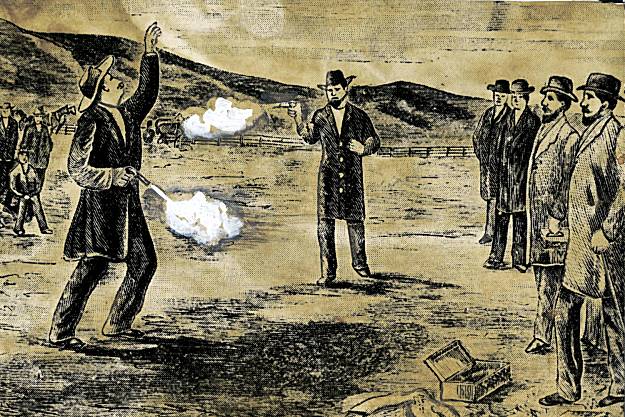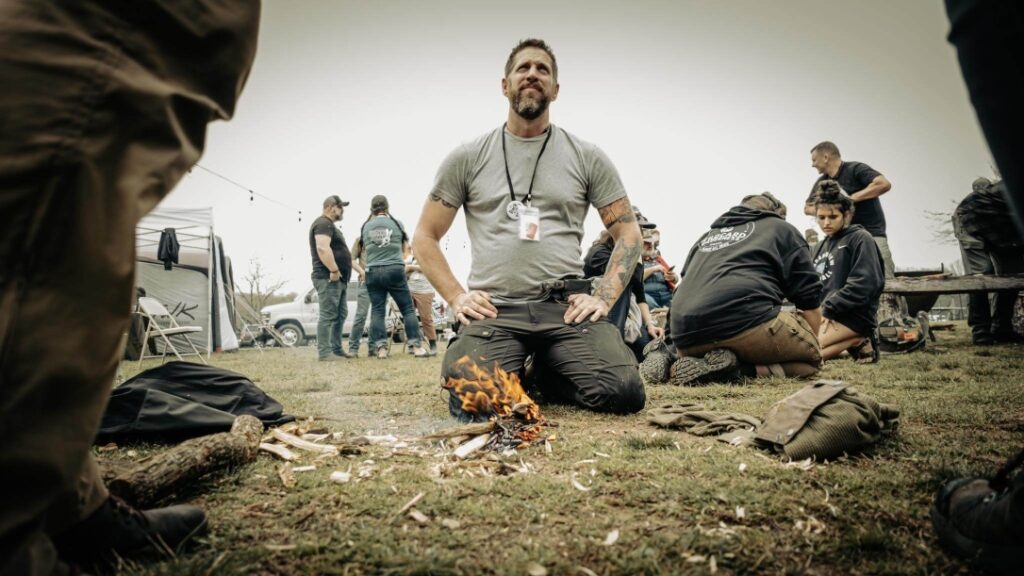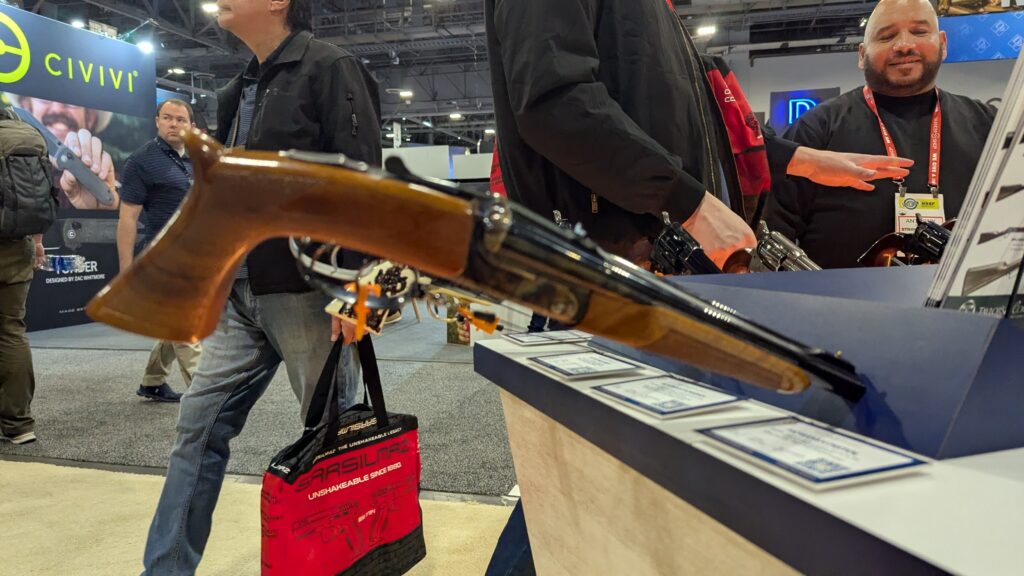America was founded in a post-firearm world. We were a nation tamed and settled by firearms, making us a bit unique in that way. The tradition of settling issues via dueling in the United States went back to 1777 and stuck around until 1859 before the United States, through a degree of public opinion and legislation, turned against the art of dueling. The final notable duel in the United States was Broderick vs. Terry.
Today we are going to discuss the last American duel, talk about the men who participated in the duel, their firearms, and the duel itself.
Broderick vs. Terry – The Men
Broderick
David C. Broderick was born in 1820 in Washington D.C. He grew up as the son of an immigrant couple, and his father worked as a stonecutter. His parents were Irish and came to the United States to help construct the United States Capitol. By 1823 he had moved to New York City with his parents and attended school while also apprenticing as a stonecutter.
Advertisement — Continue Reading Below
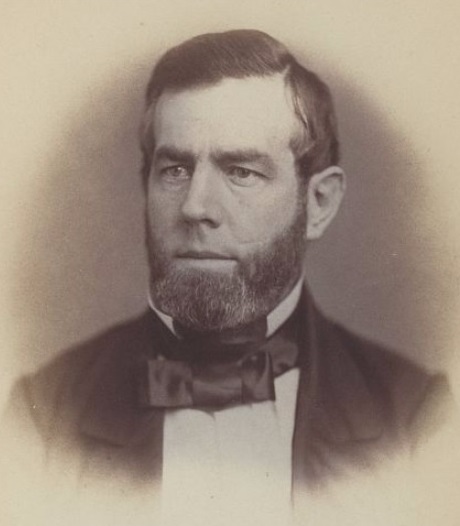
He became active in politics as a young man, and by the age of 26, he ran to be a Representative for New York but lost by a narrow margin. A few years later, he went to California as part of the 1849 Gold Rush. Once in California, he entered politics once more, serving in various roles in the midst of state politics.
He eventually controlled San Francisco to the point where his biographer described him as a mini dictator. He sold positions like the Sheriff, Tax Collector, and District Attorney, which gathered their salaries through fees. The salaries added up to $50,000 a year for these positions, and Broderick got half of that. In 1856 he was elected as a Senator for California.
Advertisement — Continue Reading Below
Terry
David Terry was born in Kentucky in 1823 and had a bit of a rip-roaring life. Terry moved to Texas with his family and, as an adult, became a Texas Ranger. He fought in the Mexican-American War, and after his time as a Ranger studied law and became a lawyer.
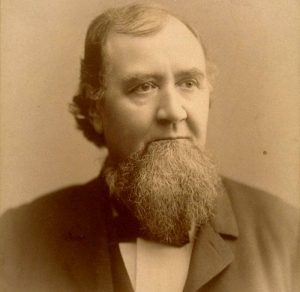
Like Broderick he rushed to California to make his fortune, not as a miner but as a lawyer. He was ardently pro-slavery and opposed California’s new constitution, which prohibited the practice. Terry was a delegate to the constitutional convention, but his efforts were ultimately in vain.
Advertisement — Continue Reading Below
He became known for his violent temper. He once assaulted an editor who printed something that offended him. Terry even stabbed a litigant in court and, in general, was a man people crossed the street to avoid.
What Led to the Broderick Vs. Terry Duel
Your fiercest enemies were often once your friends, and this is true when it comes to the Broderick vs. Terry debacle. Both were prominent Democrats in California. They were once good friends and political allies. David S. Terry was on the Supreme Court of California, and David C. Broderick served as a United States Senator.
At one point, Broderick described Terry as “the only honest man on the Supreme bench.” The men may have been friends, but they had disagreements. Terry was pro-slavery, and Broderick was an abolitionist. Terry eventually lost his seat on the Supreme Court, and Terry blamed this on Broderick and his ally’s anti-slavery campaigns and positions.
Advertisement — Continue Reading Below
He would blame and insult Broderick, and those comments found their way to Broderick, who would state:
“I see that Terry has been abusing me, I now take back the remark I once made that he is the only honest judge in the Supreme Court. I was his friend when he was in need of friends, for which I am sorry. Had the vigilance committee disposed of him as they did of others, they would have done a righteous act.”
When Terry again campaigned for the Supreme Court, Broderick purposefully acted against the effort. This led the men to trade insults, and shortly after Broderick lost an election campaign, Terry sent a letter to him, which opened the challenge to a duel. After some hemming and hawing, the men agreed to a duel.
Advertisement — Continue Reading Below
The Duel
The Broderick vs. Terry Duel occurred on September 13th, 1859. The men attempted to duel on the 12th, but the local police force broke the duel up and sent the men home. They moved to a secluded location outside of San Francisco, near Lake Merced.
According to an issue of Munsey’s magazine from 1905, the duel was almost set up to ensure Terry would win. The men used a pair of .58 caliber Belgian flintlock pistols. Both weapons reportedly had hair triggers, but Broderick’s was so ‘delicately set’ that it could fire when ‘jarred.’
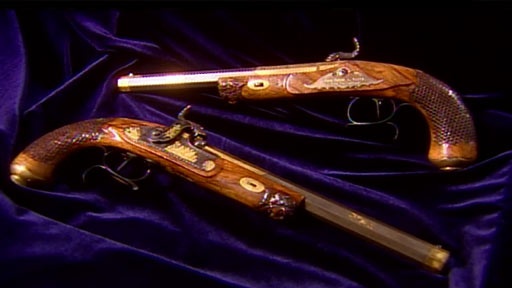
Additionally, according to the National Park Service, Broderick was unfamiliar with this type of firearm. Terry, on the flip side, had practiced with the gun for several days prior to the duel. Terry also had the benefit of military experience.
Advertisement — Continue Reading Below
At the final 1,2,3, the men turned to fire. Broderick’s pistol fired as he raised it, and the round landed six feet in front of Terry. Terry then took careful aim and shot Broderick in the chest. Broderick was rushed to Doctor Leonidas Haskell’s home, where he died three days later.
Some of his final words being, “They killed me because I am opposed to the extension of slavery and a corrupt administration.”
The Aftermath
The Broderick vs. Terry duel drew national attention, and Broderick became a hero of the anti-slavery movement. Terry was accused of being an assassin. Division within the United States grew.
Advertisement — Continue Reading Below
A warrant for Terry’s arrest was issued, and when police attempted to arrest him, they were met by Terry, the Sheriff, and two other men wielding shotguns. They agreed to turn themselves in three days in Oakland, claiming they feared reprisal if they were arrested in Oakland. Terry turned himself in, and his case was dismissed in Marin and later San Mateo county.
Terry would be killed by a US Marshal in 1889 when he attacked a United States Supreme Court Justice. His temper had clearly not been tamed in his later years.
After the Broderick vs. Terry duel, several states moved to ban the act of dueling, and the public opinion of the act soured, making it much less acceptable to settle disputes with firearms. The site of the duel is now a registered historical landmark and wears a marker where each man stood when they fired their shots.
Advertisement — Continue Reading Below
